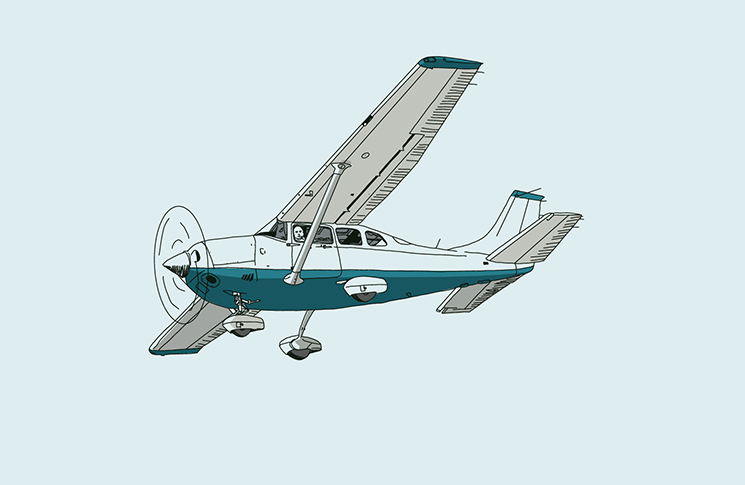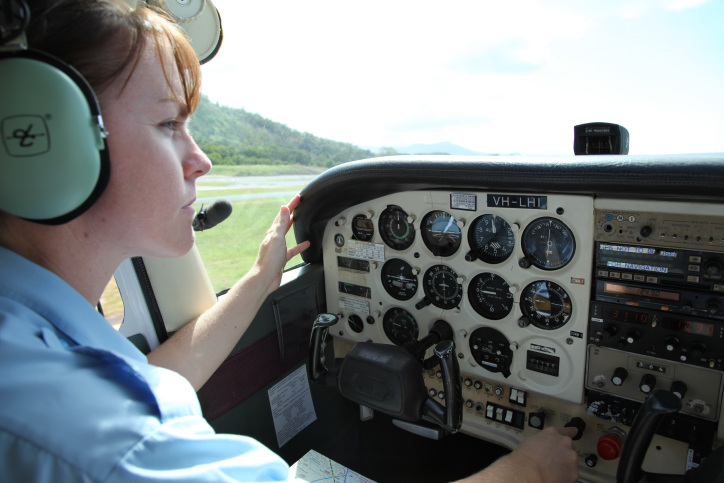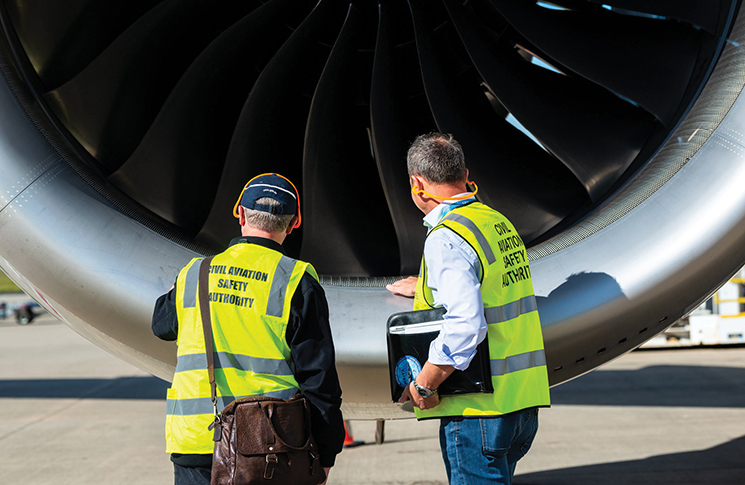It’s Airport Safety Week and the theme is ‘the hearts and minds of safety leadership’. It’s also an opportunity to shine a light on the impact psychosocial hazards can have for people working in the sector’s high-risk environments.
Psychosocial hazards and risks
Psychosocial hazards are categorised as anything that could cause psychological harm to an individual or a group of people. In other words, it is the way work environments have the potential to negatively impact employee mental health to an individual or group level. In contrast, psychosocial risk management is the strategies organisations can enact to improve the working conditions for employees, and the tools to support staff if they are struggling at work.
Aviation is a high-stress environment. Depending on the role, some employees are required to work long hours, sometimes in positions that require constant physical exertion, deep focus and concentration, jobs that operate during non-standard working hours, and can take them away from time at home.
Now, you might be thinking: that’s what the job is, that’s what they signed up for, right? That may be true, but no-one can predict when others are struggling and might need to reach out for support. Poor job design, lack of workplace metal health assistance and intense workloads can eventually take its toll on even the most experienced staff.
Dangers of work-related stress
It was long thought pilots were the people most affected by poor mental health, but a 2023 study into psychosocial risk management and mental health in the civil aviation sector, conducted by the Royal Aeronautical Society (RAeS) in the UK, found that people occupying all safety-critical roles were reporting the same problems, dispelling the assumption it was just those on the flight deck.
The main area of concern stemmed from the poor support and lack of leadership that management provided to their employees. Factors such as having inadequate rest breaks, specific job demands, pressure from management, conflict and harassment, pressure to perform at peak capacity and a poor culture all contributed to the survey’s outcome. However, often employees are reluctant to speak out about mental health challenges for fear of retribution or career limitation. By doing so, feelings are bottled up, stress and fatigue builds, distraction creeps in, which can be detrimental to the safe performance of a role.
The likelihood of occupational stress – or work-related stress – increases when measures to support staff mental health aren’t put in place. The stress can adversely impact the physical, cognitive and behavioural performance of individuals, and can make them less diligent, impair their decision-making abilities, and make them more impulsive and prone to engaging in atypical risk-taking behaviour. Sustained levels of this stress also causes burnout and, in the society’s survey, pilots were noted as the highest affected among high-risk positions.
It is universally accepted that broken sleep patterns also have detrimental impacts on performance at work, and policies to mitigate its effects are built into fatigue risk management (FRMS) and safety management system (SMS) framework. At the same rate, the RAeS study contends that work-related stress equally impacts operational performance and warrants the same focus as fatigue currently does.
Positive organisational culture creates positive outcomes
Significant research has been undertaken to determine how organisations can most effectively support their staff with the psychosocial challenges they might face in their roles. Rachel Clements, Director of Psychological Services at the Centre for Corporate Health in Sydney, writes that managers and leaders should be identifying potential psychosocial risks within their team before they happen.
‘If employees are saying they’re overwhelmed by their work, management must listen!’ Clements says.
It’s management’s responsibility to identify touch points that have potential to lead to increased stress, fatigue and burnout. Roles need to be designed in such a way that tasks do not place undue pressure or burden on an employee, as far as reasonably practicable, including identification of task combinations that can develop into larger psychosocial hazards. Clements writes that management style is everything. To be able to successfully support staff wellbeing, they need a supportive leader, one who can be open, honest and transparent to discuss any issues they may be having.
From an organisational perspective, companies that have lower instances of psychosocial risk generally have a positive and clearly articulated set of values that support staff mental health and wellbeing. Initiatives such as employee assistance programs and manager support programs provide this service, as well as broader organisational policies like job share arrangements, caps on overtime, strategic rostering and incentives for employees to report psychosocial hazards, all contribute to protecting employee’s health and wellbeing. Aviation has all of these safety nets and more, such as peer-to-peer drug and alcohol counselling for flight crew members.
The RAeS highlights the aviation industry had previously faced similar challenges with the industry getting on board to recognise the importance of introducing fatigue risk management systems (FRMS) and were able to meet them with adaptable approaches. The industry can do the same with more widely recognising high-stress roles, and the flow-on effects stress has on those who occupy those positions.
A mature safety culture recognises the threats from within and outside. Fatigue, stress, and pressure can come from both operator conditions and the individual circumstances of flight crew members. Training and policies have limits, and a good culture can assist, but can never completely influence and individual’s personal choices. We can only do our best to make sure people understand the risks and make informed decisions to maintain good psychosocial health.
Further information
Airport Safety Week is run by the Australian Airport Association, with the week’s theme centring around psychosocial safety in the aviation workplace.
For further guidance on mental health, including information managing depression and anxiety in the aviation industry, visit the CASA website.
For information about National Safe Work Month, visit the Safe Work Australia website.





